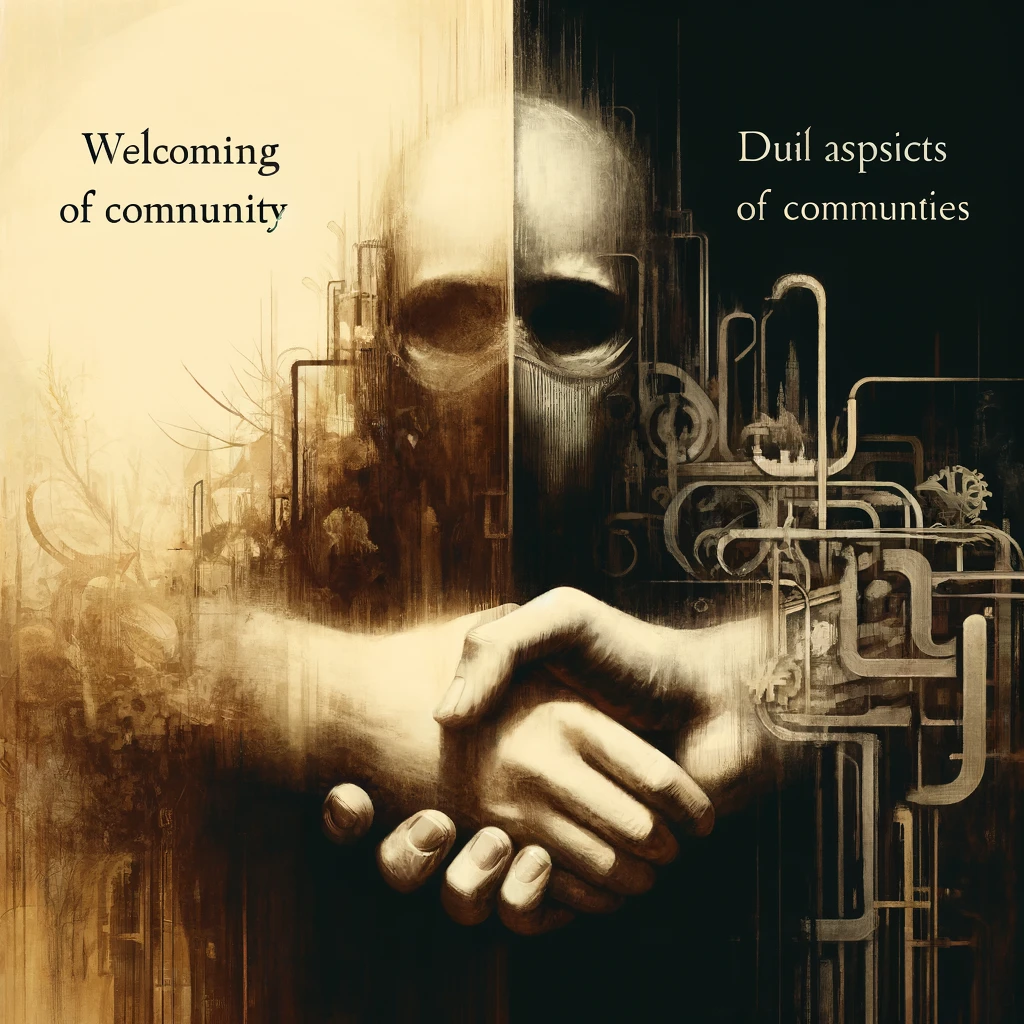Your cart is currently empty!

The War Time Social Worker: A New Paradigm in Mental Health Practice
In the context of mental health, social workers take on the role of “War Time Social Workers,” akin to wartime commanders. They exhibit urgency, strategic thinking, and dedication in combating mental health adversities, mobilizing resources and providing swift interventions. This concept calls for a transformative approach in addressing mental health crises, urging social workers to…
In mental health, the role of a social worker often mirrors that of a commander in times of war. Just as leaders guide their nation through tumultuous times, a ‘War Time Social Worker’ navigates the turbulent waters of mental health crises with their clients. This concept, introduced in this blog, redefines the traditional boundaries of social work, especially in the context of severe mental health disorders.
Understanding ‘War Time Social Work’:
The term ‘War Time Social Worker’ encapsulates a mindset and approach where the social worker acts with the urgency, dedication, and strategic thinking often attributed to a leader in wartime. This involves not just a deep understanding of mental health disorders but also a relentless commitment to combating the adversities faced by clients.
The Parallel with War Time Leadership:
Just as war-time leaders are tasked with guiding their nations through crises, ‘War Time Social Workers’ are tasked with leading their clients through the complexities of mental illness. These professionals must demonstrate resilience, strategic planning, and the ability to mobilize resources swiftly and effectively. They are the frontline warriors in the battle against mental health disorders, working tirelessly to secure victories in the form of client wellness and recovery.
Tactics of a War Time Social Worker:
- Resource Mobilization: Like a skilled general, the ‘War Time Social Worker’ must know how to mobilize and stretch community resources to benefit their clients. This may involve innovative use of funding, creating new support networks, or navigating complex systems to access necessary services.
- Strategic Intervention: Intervention strategies are tailored not just to address the symptoms of mental illness but also to counter the root causes and contributing factors. This might involve coordinating with multiple agencies, advocating for policy changes, or implementing unconventional therapeutic approaches.
- Rapid Response: In times of crisis, a prompt response can make a significant difference. These social workers are trained to act swiftly, ensuring that the clients receive the necessary support and intervention without delay.
Challenges and Triumphs:
The path of a ‘War Time Social Worker’ is fraught with challenges. They must often navigate bureaucratic red tape, limited resources, and societal stigmas. Yet, their triumphs are noteworthy – securing housing for a homeless client, bridging connections for isolated individuals, or developing innovative safety plans beyond conventional methods.
The Call to Action:
This call to action is clear and compelling. I urge social workers to break free from traditionalist thinking and embrace the role of a ‘War Time Social Worker.’ This means being prepared to take bold steps, think creatively, and advocate fiercely for the rights and well-being of clients.
The ‘War Time Social Worker’ concept is more than a metaphor; it’s a necessary evolution in social work and mental health. As society grapples with increasing mental health challenges, the need for such dedicated, resourceful, and resilient professionals becomes ever more critical. Embracing this role is not just about changing how social workers operate; it’s about transforming how society tackles mental health crises at their roots.





Leave a Reply